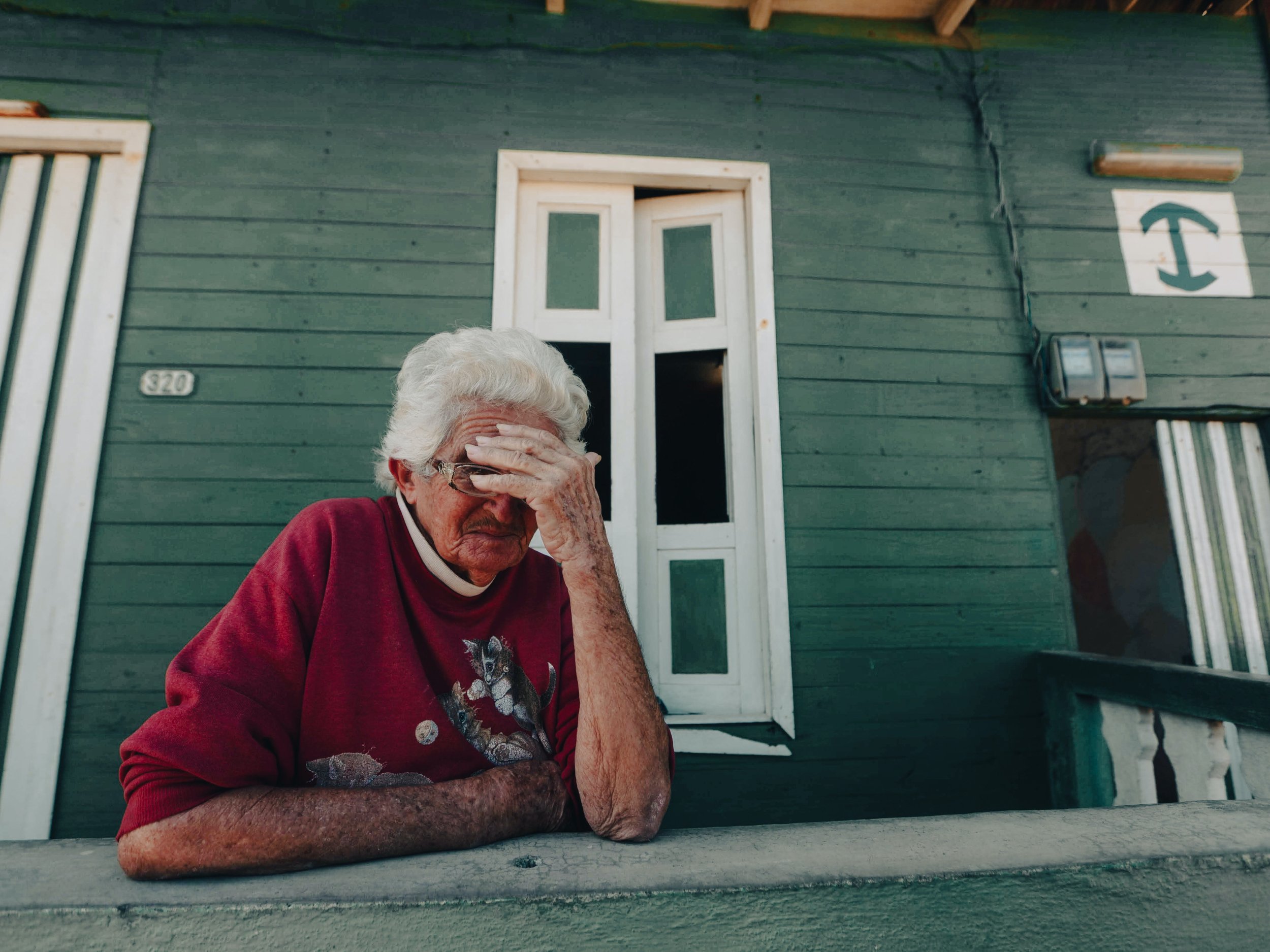Everyone has feelings of anxiousness or nervousness. However, when these feelings become overwhelming and affect your everyday life, it could be classified as an anxiety disorder. People of all ages may experience signs of anxiety, however, older adults may experience symptoms that look different from the general population. Studies show that anxiety disorders affect 10-20% of older adults. As you age, more anxiety increases. With that said, many of these anxiety disorders go undiagnosed.
With older adults, anxiety is found more often than cognitive disorders and depression. When diagnosed, Generalized Anxiety Disorder (GAD) is more commonly associated with this population. Following this diagnosis are phobias, panic disorders, and obsessive-compulsive disorder (OCD).
Anxiety for older adults can look like
· Racing thoughts
· Constant worrying
· Feelings of hopelessness
· Sleep apnea
· Difficulty concentrating
· Nausea
· Hot flashes
· Shortness of breath
· Greater frequency in using the restroom
· Eye and vision problems
· Dizziness
· Chest pain
· Heart palpitations
· Forgetfulness
· Withdrawal
· Change in weight, appetite, or eating habits
How Can Older Adults Manage Their Anxiety?
1. Recognize triggers. Anxiety can come regardless of triggers. It can come because of environmental and situational factors. Since older adults typically deal with frequent change, it can cause more anxiety in their everyday life. Some triggers can include:
· Financial insecurity
· Health problems
· Dementia
· Loss of independence
· Feelings of isolation
· End of life planning
· Grief and loss
Recognition of triggers can help in processing how to move forward when helping your loved ones.
2. Educate yourself. Having an understanding of not only what the triggers are as well as how to cope with them helps to recognize when you feel out of control. Therapy is an avenue you can take to learn how to cope with your anxiety. Through therapy, you can also learn relaxation methods that you can utilize when handling other stressors. You can also learn to recognize how to respond to anxiety when you recognize that the symptoms are beginning.
3. Build your tribe. Family, friends, and connections geographically near you that you trust are helpful resources to turn to when you feel like you are losing control. These connections can also help identify stressful situations and note when you are going in the wrong direction. Your tribe can bring you from a place of feeling helpless to feeling hopeful.
4. Integrate including a healthy balanced lifestyle. Paying attention to how well you sleep as well as the length of time you are rested, eating a balanced meal, and exercising help manage stress levels. In addition, taking active steps to have social interactions and doing activities that you love can also reduce stress in your life. Finding ways to volunteer and giving back can also bring balance and help to lower the stress and anxiety that you may be experiencing. A walk in the neighborhood or in the park should suffice when integrating exercise into your life.
5. Rule out that the problem isn’t biological. If the anxiety issue becomes diagnosed, it can be effectively managed with the combination of counseling, medication, and relaxation techniques.
6. Develop a plan. Developing a plan and sticking to it can alter the feeling of being out of control to being in control. These skills are learned through therapy.
7. Spend time in prayer and other spiritual practices. Philippians 4:6 says, “Do not be anxious about anything, but in every situation, by prayer and petition, with thanksgiving, present your requests to God.” Studying Scripture and having a consistent prayer life can help to alleviate stress and anxiety.
Get Help Today
Getting the proper help and counseling support needed can help you have a better quality of life. Call 443-860-6870 today to make an appointment.






